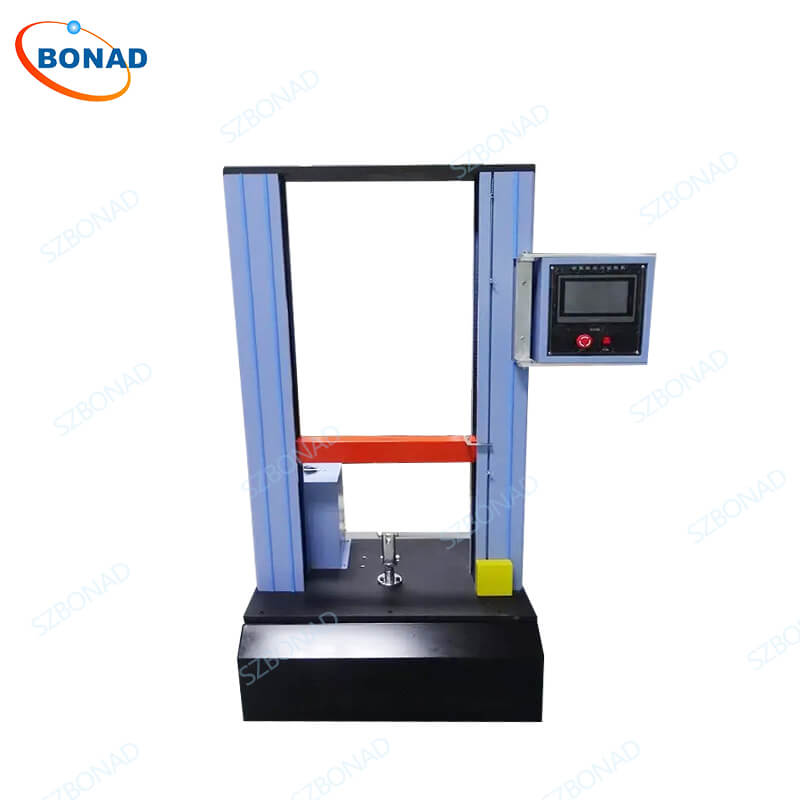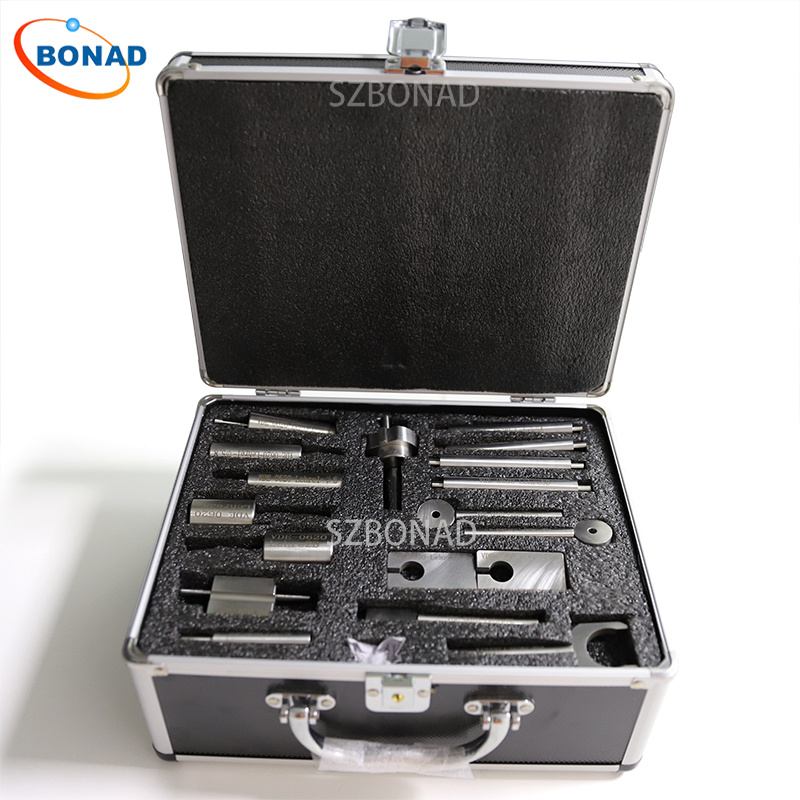Mechanical testing encompasses a range of methods and practices aimed at assessing the mechanical characteristics and behavior of materials. By applying various forces and loads, these tests reveal how materials react to stress, strain, and deformation. Such evaluations are crucial for understanding material performance, ensuring quality control, and tailoring materials for specific uses. Here are some prevalent mechanical testing techniques:
- Tensile Testing: This method determines a material’s tensile strength, yield strength, and elongation by exerting a pulling force until it breaks.
- Compression Testing: Compression testing involves applying a compressive force to a material to gauge its compressive strength and response under compression.
- Flexural Testing: Also referred to as bend testing, this technique assesses a material’s flexural strength and elasticity modulus through bending forces.
- Hardness Testing: Hardness tests evaluate a material’s resistance to indentation or scratching, offering insights into its wear resistance and mechanical properties.
- Impact Testing: These tests measure a material’s ability to absorb energy under sudden dynamic loads, providing an understanding of its toughness and shock resistance.
- Fatigue Testing: Fatigue tests subject materials to repeated cyclic loads to assess their durability against failure from repeated stress.
- Creep Testing: Creep tests analyze how materials deform under constant load over time, especially important for high-temperature applications.
- Shear Testing: Shear tests evaluate the shear strength of materials and their behavior under shear forces.
- Fracture Toughness Testing: This test assesses a material’s resistance to crack growth and its capacity to endure flaws without catastrophic failure.
- Peel Strength Testing: This evaluates the adhesive bond strength by peeling coatings or adhesives from substrates.
BONAD boasts significant expertise in mechanical testing across sectors like aerospace, automotive, construction, manufacturing, and materials research. We offer a broad array of international standard mechanical testing equipment with customization options. Our tools assist engineers and researchers in selecting suitable materials for specific applications, ensuring the quality of manufacturing processes, and developing new materials with desired mechanical properties.



